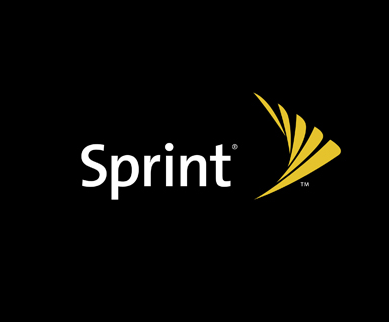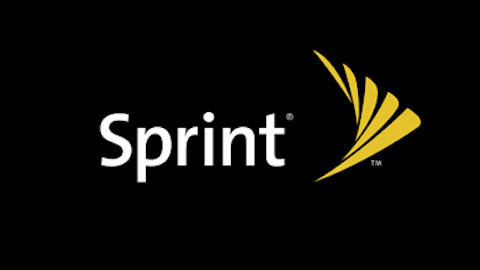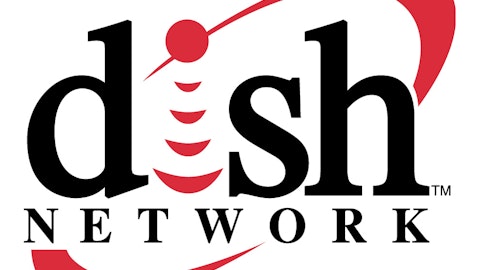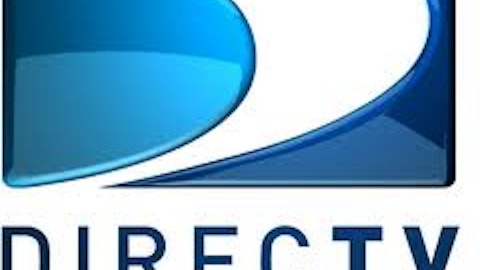SoftBank seems determined to become a major player within the United States. The company is heavily capitalized, and it even has the world’s friendliest bond market to back it in its attempt to buy out Sprint Nextel Corporation (NYSE:S). SoftBank hopes to beat DISH Network Corp (NASDAQ:DISH) from being able to buy out the ailing telecom company.
Bloomberg reports:
“Japan’s third-largest mobile phone operator plans to raise 400 billion yen ($4.2 billion) by issuing five-year notes, in the nation’s biggest retail offering by a non-financial company, according to data compiled by Bloomberg. The 1.74 percent yield offered by the securities compares with 0.295 percent for Japan’s sovereign bonds and the 4.25 percent rival bidder DISH Network Corp (NASDAQ:DISH). DISH Network Corp (NASDAQ:DISH) paid to sell similar-maturity debt in April.”
SoftBank’s probability of success is high
SoftBank is solely focused on mobile and has a very strong track record in the space. The company has been able to manage its costs effectively with a 50% EBITDA (earnings before interest, tax, depreciation, and amortization) margin, making it the most profitable mobile company in the world. To be fair, capital-expenditures would be substantially smaller when compared to the United States as Japan has a much smaller amount of land. Because the capital-ex spending is substantially smaller within Japan, the company can re-appropriate leftover cash into the United States to invest into Sprint Nextel Corporation (NYSE:S)’s network, which is why the potential synergies investors gain by accepting the SoftBank – versus Dish Network’s offer – are extremely high. After the merger and acquisition, Sprint shareholders can own SoftBank shares in order to benefit from the greater economies of scale.
One of the biggest disadvantages for long-term Sprint Nextel Corporation (NYSE:S) shareholders, if they accept the Dish Network deal, is the sheer amount of leverage the two companies would have when combined. This puts the company in a stressed financial situation that would limit any ability to grow as it would be more focused on paying down debt and interest payments. The money spent on interest would result in a decline in the total shareholder value. When considering Softbank can borrow money at a 1.74% interest rate, investors would better maximize return on invested capital by going with Softbank.

Source: SoftBank
The high leverage isn’t the only source of concern for Sprint Nextel Corporation (NYSE:S) shareholders. The sheer amount of time it would take for Sprint to close the transaction with Dish would mean a lot of lost opportunities.

Source: SoftBank
The company’s deal would be expected to close by the middle of 2013, but it could be 2014 or later for a deal between Sprint and Dish Network to close. Because of this, investors could end up watching Sprint’s business decline considerably during that time. Time is money, and the more time it takes to get a deal closed, the longer shareholders will have to wait. Not only that, there’s no guarantee that Dish Network will hold to its commitment of buying out Sprint if Sprint Nextel Corporation (NYSE:S)’s business condition worsens because of losses in its subscriber base, the company could lower the amount of money it would be willing to pay.
Is there a significant value addition?
I have a phone contract with Sprint Nextel Corporation (NYSE:S). The company has terrible 4G LTE coverage within the United States. Plus there are many instances where my 3G connection within Arizona wasn’t quite as fast as advertised. Sprint’s advertising of unlimited Internet would work, but only if the company would be willing to offer faster speeds. The most crucial thing for Sprint right now is to roll out a faster network and to gain greater mobile spectrum. This could be possible with SoftBank and its access to cheap Japanese credit from the bond market.

Source: PiperJaffray





